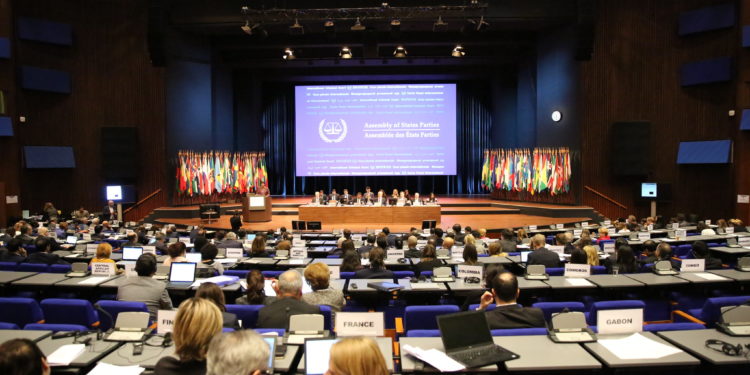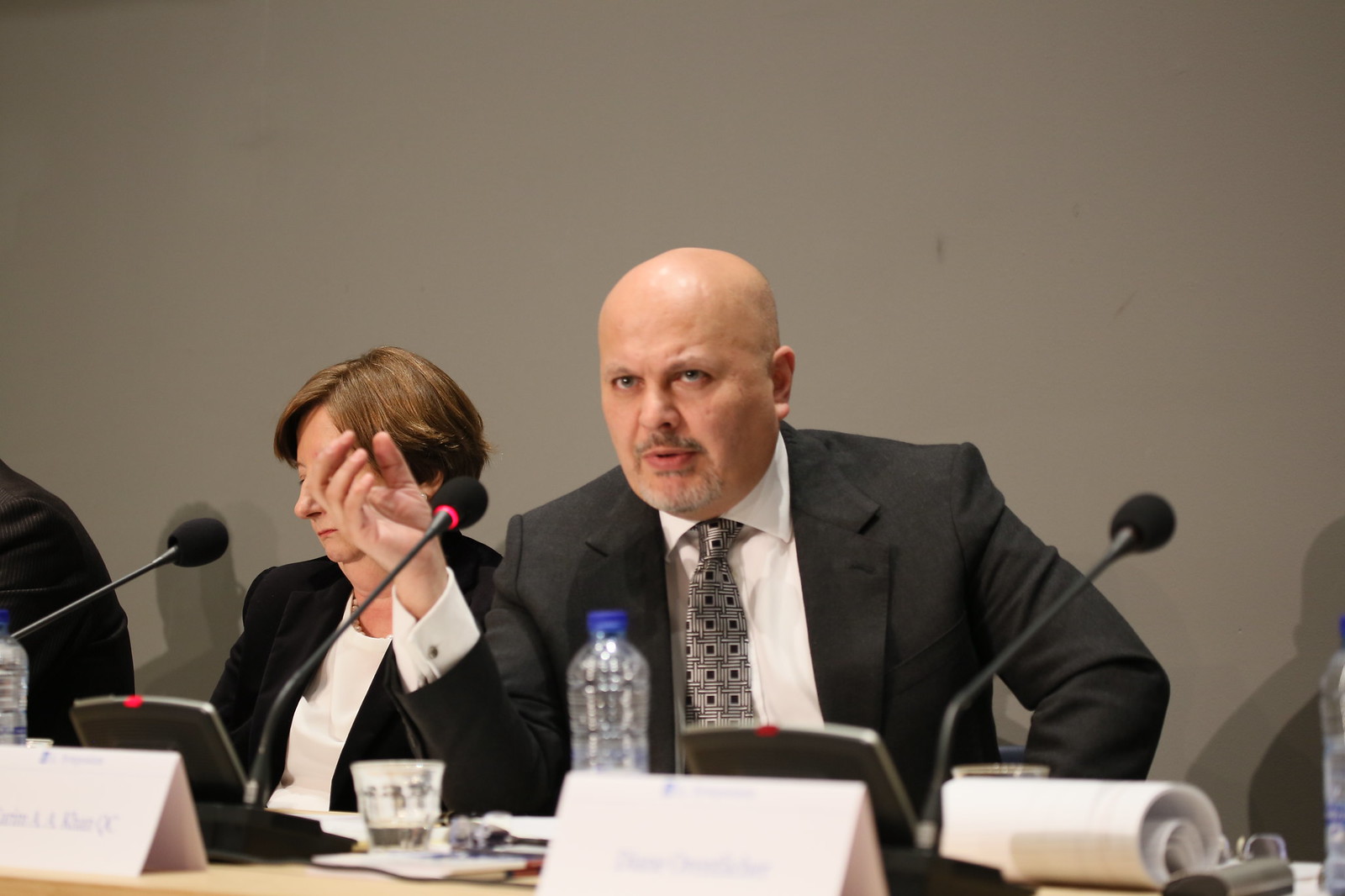By Prof. Jennifer Trahan in New York
The election of the next ICC Prosecutor is obviously extremely significant; the direction of the Court for the next nine years is at stake. The entire process, from start to now, has been disjointed and mishandled, but it is not too late to put some order, standards, procedure, and safeguards into the process. What matters for now, is that there not be a rush to decision.
The original process has appeared to be flawed from the start with only four short-listed candidates, among whom only one seemed highly qualified for the post. Even reaching that point seemed odd, with the Canadian nominee lacking international experience, yet another Canadian prosecutor with extensive international criminal tribunal experience, Robert Petit, not making the short list.
Dissatisfaction with the short list caused a scramble for a longer list, which was then created. Odd as it seems, in light of this second list being narrowed to three contenders this week, a fourth candidate was just added, with elections set for this Friday, February 12, 2021. (Of the current short list of four, and the earlier short list of four, there is only one candidate on both lists.) Elections have been set because there has emerged no consensus around any candidate. States were uncomfortable in reaching consensus in part because the vetting process was incomplete.
By this disjoined process, what has been skipped is timely consideration and proper vetting, with rumors now flying around (some patently false, and some that really warrant further investigation). Indeed, serious allegations have come to the ASP President, and they have not been even shared with ICC member states. What states can do now is not rush the process. Prosecutor Bensouda is in place until June, and there is no need to settle this on Friday. (Indeed, the OTP could no doubt progress under the able leadership of its current Deputy Prosecutor even beyond June.) States still have time to put on the breaks, not rush to judgment, when there are some serious potential qualification issues surfacing.
The Prosecutor obviously guides the work of the Office of the Prosecutor, but is also the person who most personifies the Court to the general public, particularly when reaching out to and meeting with victims. Who that person is then matters to the utmost. In light of her qualifications and as a Gambian national, the choice of Prosecutor Bensouda nine years ago, particularly in light of tensions then surfacing with certain African states, was an obvious choice and allowed for her election by consensus.
While the candidates’ qualifications are of huge significance (and this is why proper vetting is absolutely critical), another factor is the optics of the choice and how that will play out to national and international audiences.
Above all, this should not be a matter of politics of states backing the candidate from their state (which it appears to have become), but about ensuring that the most qualified candidate is chosen. That should always be the standard, whether for judicial or prosecutorial elections. And alas, in both regards, there will be many “lessons learned” from this past year about how not to conduct the process.
Another unfortunate aspect of where things stand is that, due to safety restrictions necessitated by Covid, civil society has had very little role in all of this. Civil society normally plays a very vibrant role related to the ICC, and has tried to do so, through press releases etc. Due to the impossibility of most in-person meetings, significant activity of the ICC’s Assembly of States Parties (ASP) unfortunately has occurred in venues from which civil society was entirely excluded.
Last, but not least, I would be remiss if I did not point out that of the current, new short list of four candidates that has emerged this week Karim Khan (UK), Fergal Gaynor (Ireland), Carlos Castresana (Spain) and Francesco Lo Voi (Italy), there is not a single female candidate, and the original short list of four had only one female candidate, alas with no international criminal tribunal experience. (The last set of judicial elections at least did well on this score, righting a previous gender-imbalance.)
States have a decision of the utmost significance facing them. They must take the time to make the decision through a deliberative process, after sufficient vetting, not a process dominated by politicking. The post of ICC Prosecutor is probably the most significant post for the Court, and a misstep here could cost the ICC, which already is facing significant challenges, dearly.
Jennifer Trahan is Clinical Professor at NYU’s Center for Global Affairs and Director of their Concentration in International Law and Human Rights.







